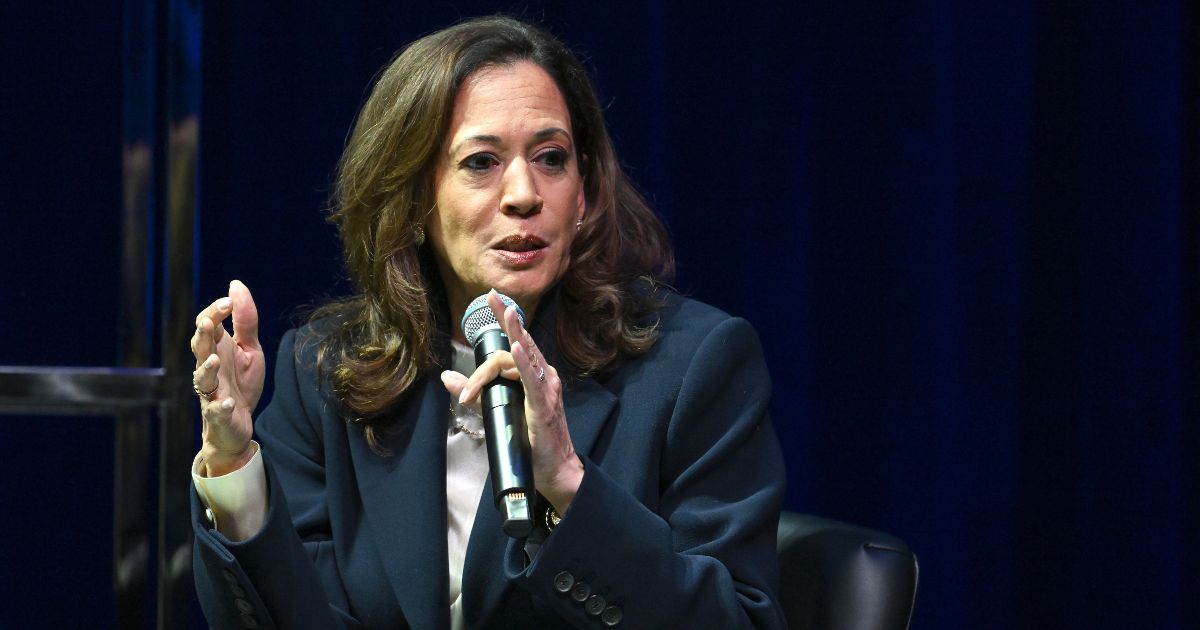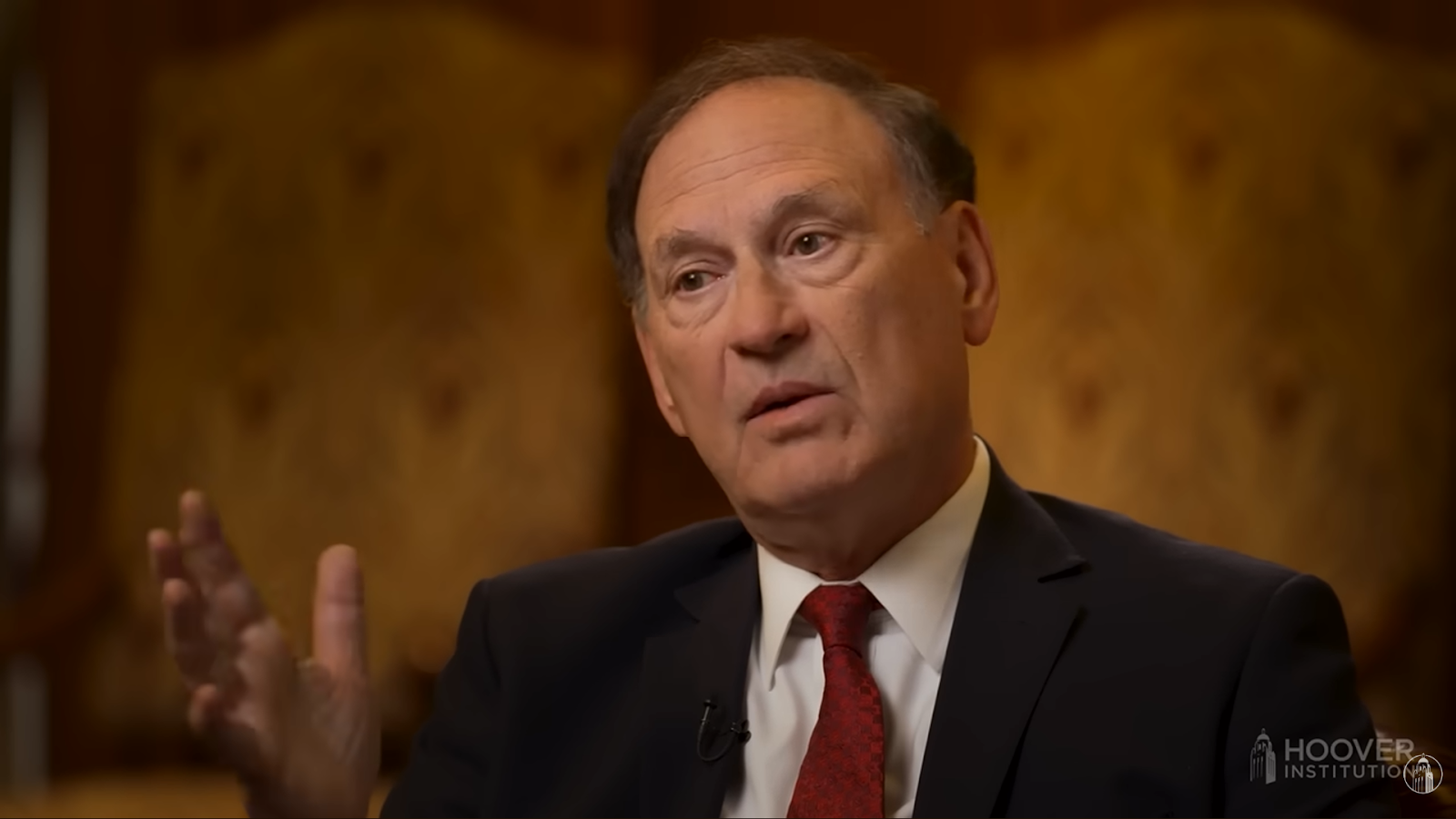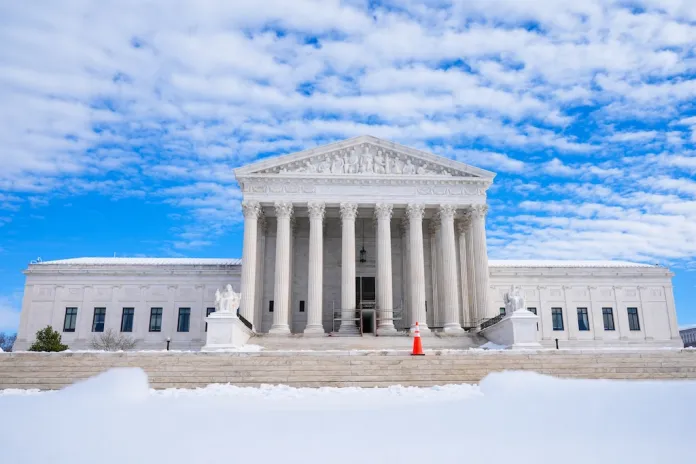Citizens United II: Supreme Court urged to kill party spending caps
The article discusses a significant new progress in campaign finance law where the U.S. Department of Justice has urged the supreme Court to overturn existing limits on coordinated spending between political parties and candidates. This legal challenge, National Republican Senatorial Committee v. Federal Election Commission, seeks to allow political parties to spend unlimited amounts of money in coordination with candidates, perhaps fueling a surge in campaign spending. The DOJ argues that the current spending caps violate the Frist Amendment by restricting the political speech of parties, especially in the context of modern expensive campaigns. This case is seen as a possible extension of the landmark 2010 Citizens united decision, which removed spending limits on corporations and outside groups. While Democrats oppose the change, some may support it if the court overturns a 2001 precedent allowing Congress to impose spending limits on parties. Legal experts note the unusual nature of the DOJ urging the court to directly reverse itself. The Supreme court is expected to consider the case, indicating a likely shift in campaign finance regulations.
Citizens United II: Supreme Court urged to kill party spending caps
In a remarkable move that could fuel more campaign spending, the Justice Department has called on the U.S. Supreme Court to reverse itself to allow political parties to spend unlimited amounts in coordination with candidates and political campaigns.
The DOJ said in a newly revealed filing with the court that current spending caps violate the First Amendment and essentially mute political parties.
The case, the National Republican Senatorial Committee v. Federal Election Commission, could have the biggest impact on campaign spending since the court’s 2010 Citizens United ruling that lifted caps on corporations and outside groups.
If the new Republican-led effort wins the day, political parties would be allowed to spend unlimited amounts in coordination with candidates. Currently, parties are greatly limited in coordinated spending efforts.
Democratic groups oppose the change but would likely welcome it if the court reverses its 2001 decision to let Congress place spending limits on the parties.
The court has already said it will consider the request, a sign it is ready to flip, according to legal experts.
Still, one campaign finance lawyer said, “It’s not every day people walk into the court and ask it point-blank to reverse itself.”
In the new 68-page filing provided by the FEC, Solicitor General John Sauer and his team argued that the old spending limits have become irrelevant in the days of billion-dollar presidential campaigns and multimillion-dollar House and Senate races. And, as a result, the First Amendment rights of party groups are being limited.
Campaign Spending Limits by web-producers
“Take a political party that wants to run an advertisement for a congressional candidate but has already reached the statutory cap on coordinated spending. A political party can easily find itself in that predicament because modern campaigns cost millions of dollars but the cap is as low as $61,800,” Sauer said in the filing.
SEE THE LATEST POLITICAL NEWS AND BUZZ FROM WASHINGTON SECRETS
Worse, he added, not being allowed to coordinate spending and advertising can have disastrous results. “A party that fails to consult its candidate runs a serious risk of disseminating speech that is ‘unhelpful to, if not entirely disfavored by, the candidate.’”
Campaign finance lawyers said the current rules essentially cut parties out of campaigns while letting corporations and super PACs have a huge impact.
" Conservative News Daily does not always share or support the views and opinions expressed here; they are just those of the writer."



